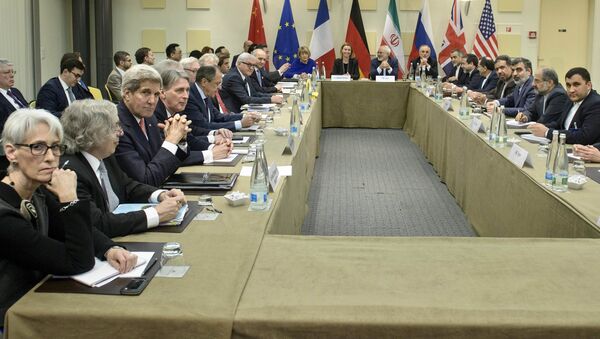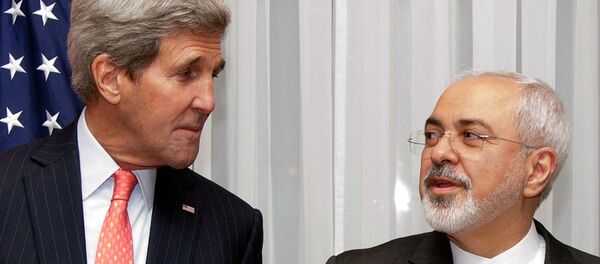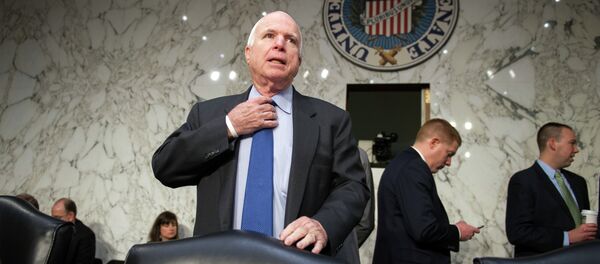WASHINGTON (Sputnik) — There is little likelihood of a war between the United States and Iran if the P5+1 nuclear negotiations fail to produce a deal, but there will be costs to all sides, former US State Department Policy Planning Staff member and Middle East expert Suzanne Maloney said on Wednesday.
“I do not believe that the choice is between a deal or a war. I think that is a very effective political slogan on the part of the [US President Barack Obama] administration to try to galvanize support for the deal,” Maloney stated at The Brookings Institution in Washington, DC.
Maloney noted that the prospect of a military conflict between the United States and Iran spanned the course of both the George W. Bush and Obama administrations, but neither administration was “terribly trigger happy.”
If the negotiating parties do not reach an agreement to prevent Iran from developing a nuclear weapon, “all sides lose and all options immediate come on the table,” Maloney said. She further commented that the United States stands to gain very little if it decides to walk away from negotiating table.
The P5+1 countries of Russia, the United States, the United Kingdom, China, France and Germany have been engaged in ongoing negotiations with Iran to reach a comprehensive deal ensuring the peaceful nature of its nuclear program.
The nuclear talks reached a self-imposed deadline on Tuesday, March 31, for a political framework agreement, but the negotiating parties agreed to extend the discussions.




